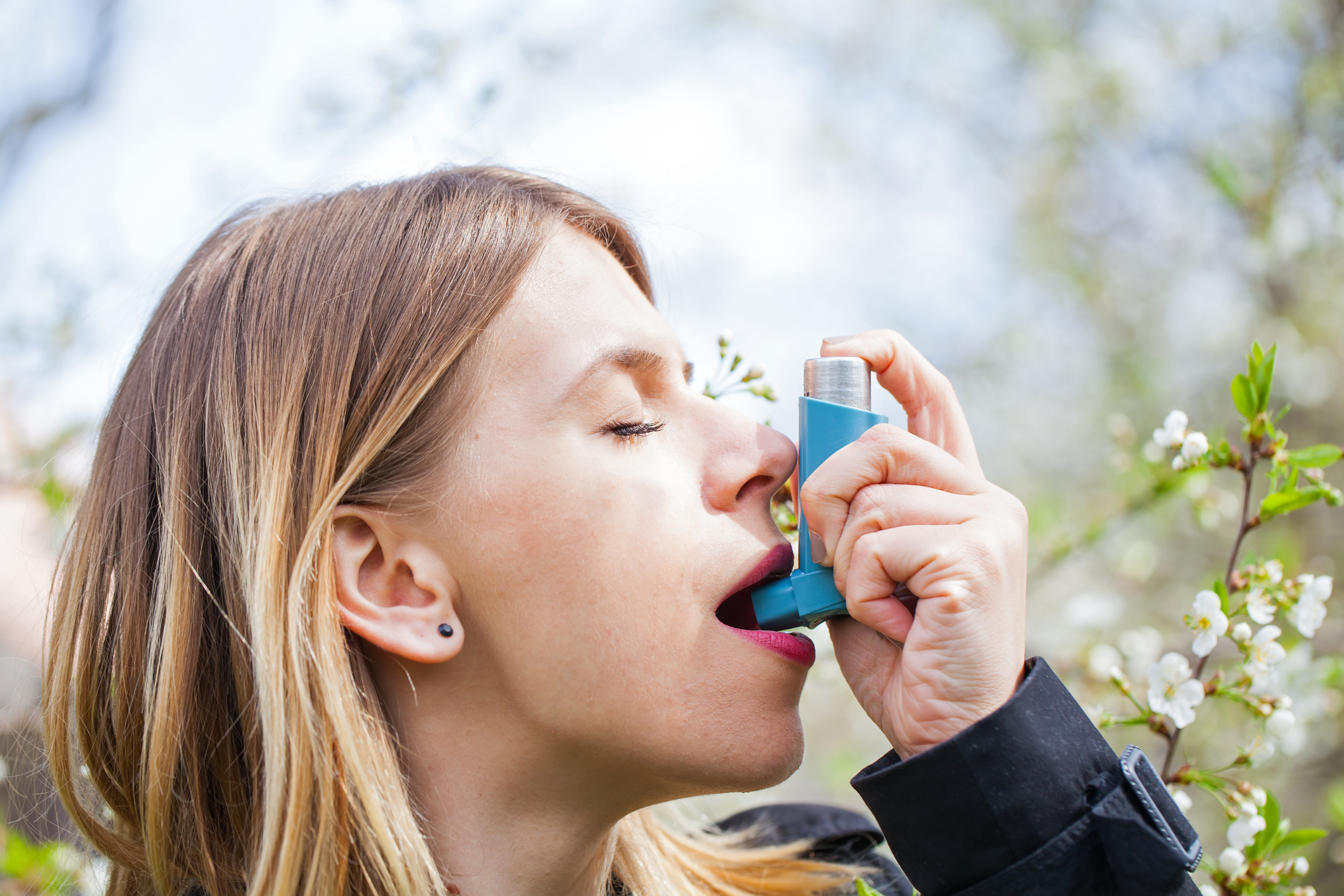Research has demonstrated that blocking the action of two pro-inflammatory molecules significantly reduces symptoms of allergic asthma in mice, which could lead to the development of a new treatment for people with a severe form of the condition.
The findings, which are published in the journal, Clinical Science, show that severe allergic lung inflammation was significantly reduced in the mice when the activity of the pro-inflammatory molecules interleukin (IL)-17A and IL-17F was prevented using specific antibodies.
‘Blocking either of these molecules stopped symptoms of allergic asthma in mice and we hope this could lead to development of a new therapy for severe (Th17) allergic asthma in humans,’ commented senior author, Bernhard Ryffel from the CNRS-University of Orleans, France.
Asthma is a common inflammatory lung condition of varying severity. Asthma and allergies are frequently linked and people with allergic asthma can have flare-ups or attacks in response to exposure to certain environmental factors such as house dust mites.
During an attack of allergic asthma, immune cells known as T-helper cells respond to inhaled allergens and trigger the production of pro-inflammatory molecules that lead to the symptoms seen in asthma such as constricted airways and wheezing.
‘Severe allergic asthma with neutrophils is due to increased IL-17A expression produced by T-helper 17 cells,’ explained Ryffel.
In this study, the researchers first exposed mice to house dust mites and found that production of pro-inflammatory IL-17A and IL-17F was triggered in the lungs of the animals.
In further experiments, they found mice that could not genetically produce either IL-17A or IL-17F, or a protein called IL-17RA that binds to these molecules, had a smaller allergic response to house dust mites than animals that could produce both molecules.
To test these results further, the researchers used anti-IL-17A and -IL-17F antibodies as a treatment in mice experiencing a respiratory allergic reaction to house dust mites. They found that the allergic immune response and asthma symptoms were dramatically reduced in these mice, suggesting if these findings can be replicated in humans that they could lead to a new treatment for allergic asthma attacks.
‘The results are relevant for clinical use of specific antibodies or related inhibitors in IL-17RA dependent severe asthma, suggesting equal efficacy using either agonist or receptor blockade to treat severe asthma crisis,’ said Ryffel.








